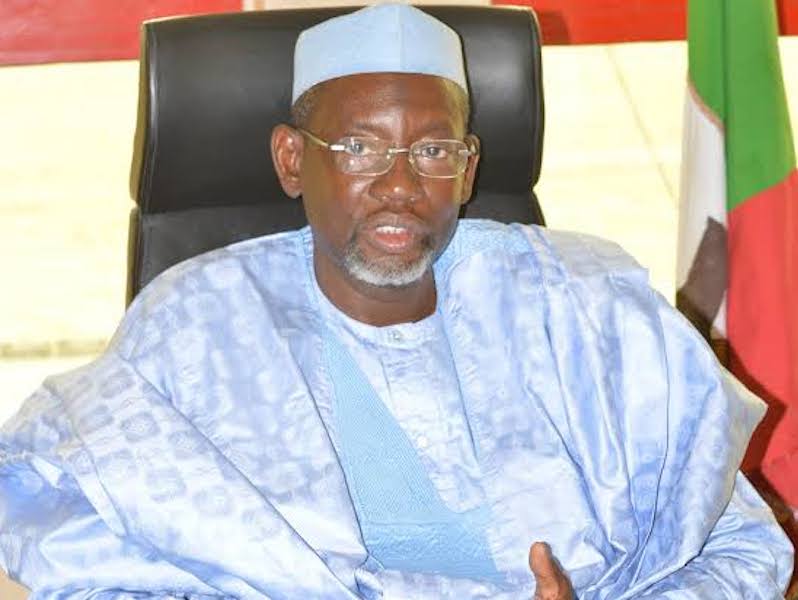By Chimezie Godfrey
#TrackNigeria – The Minister of Environment, Surveyor Suleiman Hassan has said that the Federal Government has taken steps to recharge the Lake Chad Basin, which will tackle the issues of climate change in that region.
He gave the assurance Wednesday at Abuja, during the Report Launch and Panel discussion on “Global Warming, Hunger and Violence in the Lake Chad Basin” organized by Social Development Integrated Centre(SOCIAL ACTION).
The Minister who was represented by Dr. Yerima Alfa said that the shrinking of the Lake Chad which began in the 1950’s was due to changes in the climate patterns.
“The Lake Chad began to shrink since 1950’s due to changes in climate patterns and was once the 8th largest Lake in the world providing fresh water for over 40million people across Nigeria, Chad, Niger, and Cameroon.
“The Lake Chad has decreased in size for over 22,000sqkm in the 1950’s fewer than 15,000 today. And it may even completely dry up within 20 years according to projection by researchers,” he warned.
He however gave the assurance that the federal government has taken steps towards tackling the challenges of the Lake Chad drying up.
According to him, “A lot of initiatives have already been taken towards the recharging of the Lake Chad. For instance, Nigeria is spearheading the recharge of the Lake Chad with three other African countries through the construction of 2,500km of rigged road channels from River Obangi the Congo Basin.”
Dr. Kole Shettima, Director African Office, MacArthur Foundation, identified the crises in the Lake Chad and the North East as a regional problem that needs the synergy of all the groups, organizations and countries that are affected.
“If you think this is a regional problem. It means you need a regional approach as well.
“So, it is good to have a project that focuses on the Nigerian Side of the conversation, but in reality if we think it is a regional problem, then we have to think of how to connect with the groups and organizations whether they are in Chad, Niger, or in Cameroon.
“So that we could also have a regional response to the solution that we want to advocate for and push toward for,” he said.
The Representative of Development and Peace, Genevieve Talbout pointed out that with increase in climate change impact, livelihood challenges, and human rights abuses, the issues of environmental security is more and more present.
“We believe that local civil society has a key role to play in bringing back peace in the region. This can be achieved by monitoring the delivery of humanitarians programs, and human rights violation within and outside the Camp. By holding the people in power accountable for what they do or don’t,” she said.
The Director of the Social Development Integrated Centre (SOCIAL ACTION) Isaac Asume Osuoka said that the report will contribute to improving awareness about the underlying causes and the ramifications of the conflicts in the Lake Chad Basin generally and northeast Nigeria in Particular.
Osuoka said that climate change is not the only causative factor of the situation of insecurity in the Lake Chad Basin and the Northeast, but that poor governance is equally a major factor.
“If we say that climate change is a causative factor for the situation of insecurity, we do not suggest that that it is the only cause.
“The reality of poor governance, the looting of funds by officials and contractors and the resultant abandonment of ecological restoration and development projects, many which have been implemented without adequate consideration of environmental impacts, have all provided triggers for the crises,” he stressed.


